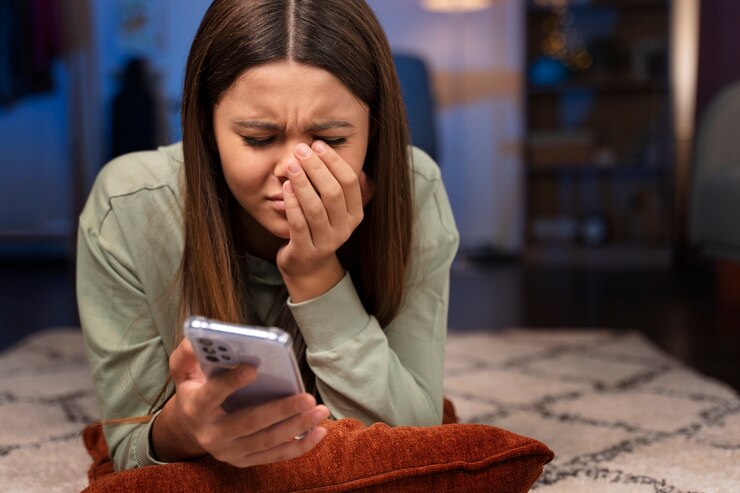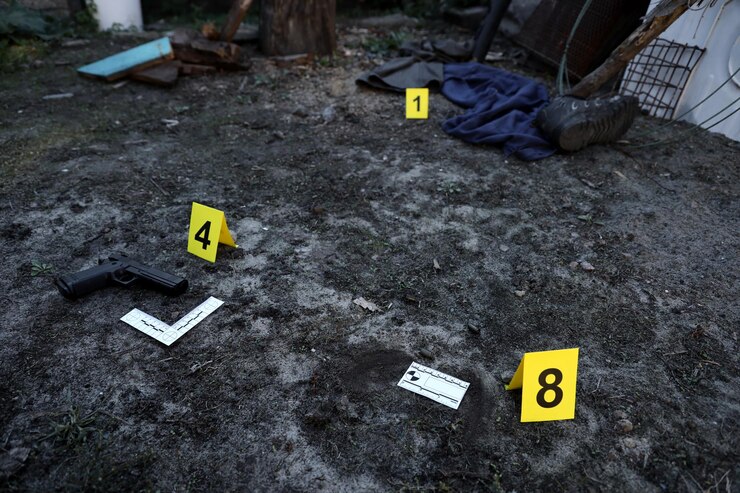The sight of mourning family members, terror-stricken kids and miserable communities has become all too common from the constant coverage of mass shootings. In the latest case, a 21-year-old male walked into a Dallas home and shot five people, killing three adults and a child.
When these gun-related incidents happen, the government and the public are quick to offer different forms of help- financial, emotional and more. But when the dust finally settles, we rarely remember to offer mental health support to victims and survivors.
This is sad because the psychological impacts that stem from mass shootings linger longer than even the physical injuries. This post highlights the long-term consequences on the survivors’ mental well-being and offers coping tips.
The Psychological Impact
Survivors of gun-related crimes experience several potential psychological consequences. The most common ones are post-traumatic stress disorder (PTSD), generalized anxiety, disorder, panic disorder and major depressive disorder (MDD).
If you suffer from PTSD, you’ll experience symptoms, such as:
- Hyperarousal
- Feelings of isolation and detachment
- Difficulty concentrating on tasks
- Flashbacks and nightmares
- A numbing feeling when you encounter triggers like loud noises
On the other hand, survivors who suffer major depressive disorder experience:
- An abrupt loss of interest in activities
- Constant feeling of sadness
- Difficulty sleeping
- Drastic changes in weight; either a sharp gain or loss
- Easily irritated
In mild cases, the survivor may only be diagnosed with one mental disorder. But in more severe cases, the symptoms can overlap- a situation known as comorbidity. Individuals who go through the latter experience bigger impairment than those who suffer from a single psychological illness. In fact, they face a higher risk of getting a chronic disorder, which can disrupt their lives permanently.
How to Cope After a Mass Shooting
If you or a loved one has experienced a mass shooting, there’s no doubt that the ordeal will impact your mental wellness. Here are a few things you can do to cope:
Prioritize Self-Care
It’s easy to put self-care on the back burner because you’re in shock or stressed. But no matter how challenging, you should start by taking care of yourself. Carry on with your routine of eating healthy, exercising and getting sufficient sleep.
Limit Media Exposure

As you try to understand the roller coaster of emotions you’re experiencing, it’s best to limit your exposure to media. Rewatching the incident will only cause you to relive it and trigger more trauma. Instead, spend more time with family or supportive friends.
Seek Mental Help
Whether you’re experiencing mild or severe symptoms, it might be a good idea to talk to a therapist. This professional will help you understand your reaction – the flashbacks, nightmares, constant worry and more. And, they’ll help you identify healthy ways to cope with these emotions. “Without counsel plans fail, but with many advisers they succeed.” (Proverbs 15:22)
Find a Circle of Support
If you’re hesitant to talk to a mental health expert, then at least look for a support system. This could be your close friends, immediate family members, colleagues or other survivors. The important thing is that you don’t bottle up your feelings but rather express them to others. You’ll be surprised at how much relief you’ll get from opening up.








Thanks for sharing. I read many of your blog posts, cool, your blog is very good.